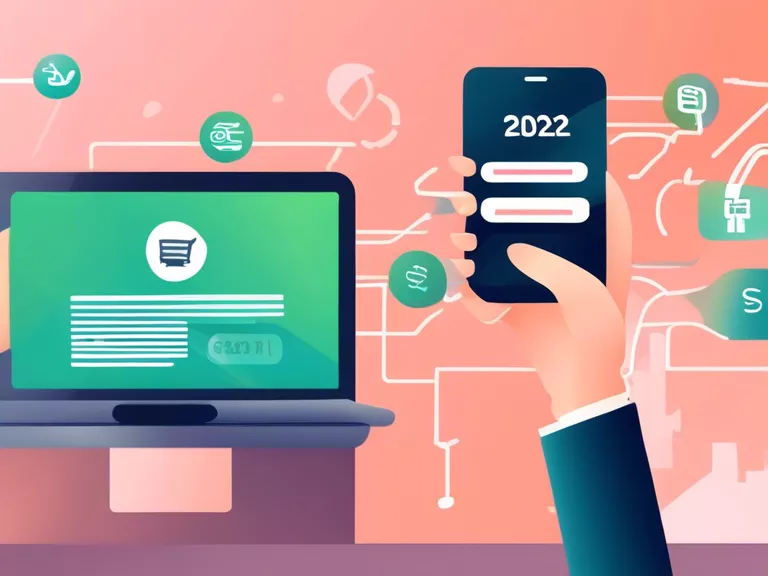
Customer segmentation is a crucial tool for businesses looking to personalize their marketing campaigns and target specific groups with relevant messages. By dividing customers into segments based on characteristics such as demographics, behavior, or preferences, businesses can tailor their marketing efforts to appeal to each group's unique needs and interests. In this article, we will explore how to effectively use customer segmentation to personalize marketing campaigns and drive better results.
First and foremost, it is essential to gather data on your customers to understand their preferences and behaviors. This data can come from various sources such as website analytics, customer surveys, or sales records. By analyzing this data, businesses can identify patterns and trends that can help them categorize their customers into different segments.
Once customers are segmented, businesses can create targeted marketing campaigns for each group. For example, a clothing retailer may segment customers based on their shopping behavior (e.g., frequent buyers, occasional shoppers, etc.) and create campaigns tailored to each segment. Frequent buyers may receive special promotions or loyalty rewards, while occasional shoppers may receive discounts to encourage repeat purchases.
Personalization is key when creating marketing campaigns for segmented groups. By addressing customers by their names, recommending products based on their past purchases, or sending personalized offers, businesses can create a more personalized and engaging experience for customers.
Additionally, businesses can use customer segmentation to test and optimize their marketing campaigns. By measuring the performance of campaigns for each segment, businesses can identify what works and what doesn't, and make adjustments accordingly. This iterative process can lead to more effective and targeted marketing campaigns over time.
In conclusion, customer segmentation is a powerful tool that businesses can use to personalize their marketing campaigns and improve customer engagement. By understanding their customers and tailoring their messages to specific segments, businesses can create more relevant and effective marketing campaigns that drive results.



